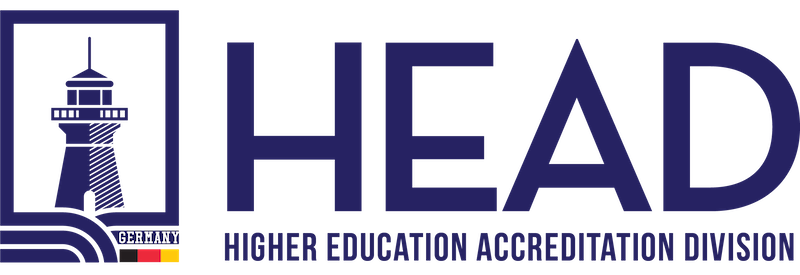Demonstrating Leadership and Commitment in Education Organization Management: Embracing Process Approach and Risk-Based Thinking

Introduction
In the dynamic and ever-evolving landscape of education, effective management is crucial for success. Educational institutions, whether schools, colleges, or universities, are not exempt from the principles of quality management. One of the fundamental concepts that have gained prominence in recent years is the Education Organization Management System (EOMS), which aligns closely with the principles of ISO 9001:2015. At the heart of a successful EOMS implementation lie two vital aspects: the process approach and risk-based thinking. However, these principles are most effectively embraced when demonstrated and championed by top management. In this article, we explore why top management’s leadership and commitment are crucial in promoting the use of the process approach and risk-based thinking within an educational institution.
The Process Approach: Enhancing Efficiency and Effectiveness
The process approach is a methodology that emphasizes the importance of understanding and managing the interconnected processes within an organization. When applied to education management, this approach recognizes that each department, function, and task contributes to the institution’s overall success. Top management plays a pivotal role in promoting the process approach by ensuring that organizational goals and objectives are clearly defined, aligned with the institution’s mission, and broken down into actionable steps.
For instance, in a university, top management can set the goal of enhancing student learning outcomes. This objective can then be translated into specific processes such as curriculum development, faculty training, and assessment methodologies. When top management demonstrates commitment by actively participating in these processes, it sends a strong message to the rest of the organization about the importance of collaboration and interdepartmental communication.
Risk-Based Thinking: Navigating Uncertainties
In the realm of education, uncertainties are omnipresent. From changing student demographics to evolving teaching methodologies, educational institutions must adapt to numerous variables. This is where risk-based thinking comes into play. Rather than avoiding risks, this approach encourages institutions to identify potential risks, assess their potential impacts, and take proactive measures to mitigate them.
Top management’s role in embracing risk-based thinking is to foster a culture of openness and transparency. By acknowledging that risks exist and are an inherent part of progress, leaders create an environment where staff at all levels feel empowered to report concerns and suggest improvements. This approach also involves assigning responsibility for risk management and regularly reviewing risk assessments. When top management takes these steps, it signals to the entire institution that risk management is a shared responsibility and not a burden placed solely on specific individuals.
The Influence of Top Management
Top management’s commitment to the process approach and risk-based thinking goes beyond mere verbal endorsements. Leaders must actively participate in these practices to create a meaningful impact. Their engagement demonstrates a willingness to understand the intricacies of processes, engage in risk assessments, and allocate resources for process improvement initiatives.
Leaders who adopt the process approach inspire employees to think holistically about their roles, encouraging cross-functional collaboration and a deeper understanding of the institution’s operations. Similarly, embracing risk-based thinking fosters a culture of continuous improvement and proactive problem-solving, as leaders recognize that addressing challenges before they escalate is essential for long-term success.
Conclusion
In the realm of education, top management’s leadership and commitment play a pivotal role in the successful implementation of the Education Organization Management System. By promoting the process approach, leaders ensure that all aspects of the institution are aligned toward its overarching goals. Embracing risk-based thinking demonstrates an understanding of the dynamic nature of education and a commitment to addressing uncertainties head-on.
Educational institutions that champion these principles not only improve their operational efficiency but also cultivate a culture of adaptability and innovation. When top management actively participates in these practices, they set the tone for the entire organization, signalling that quality education is a result of collaboration, strategic thinking, and a willingness to embrace change. As the educational landscape continues to evolve, the importance of these principles and top management’s role in championing them cannot be overstated.
Would you like to speak to one of our Higher Education Accreditation Expert? Just submit your details and we’ll be in touch shortly. You can also email us if you would prefer.

